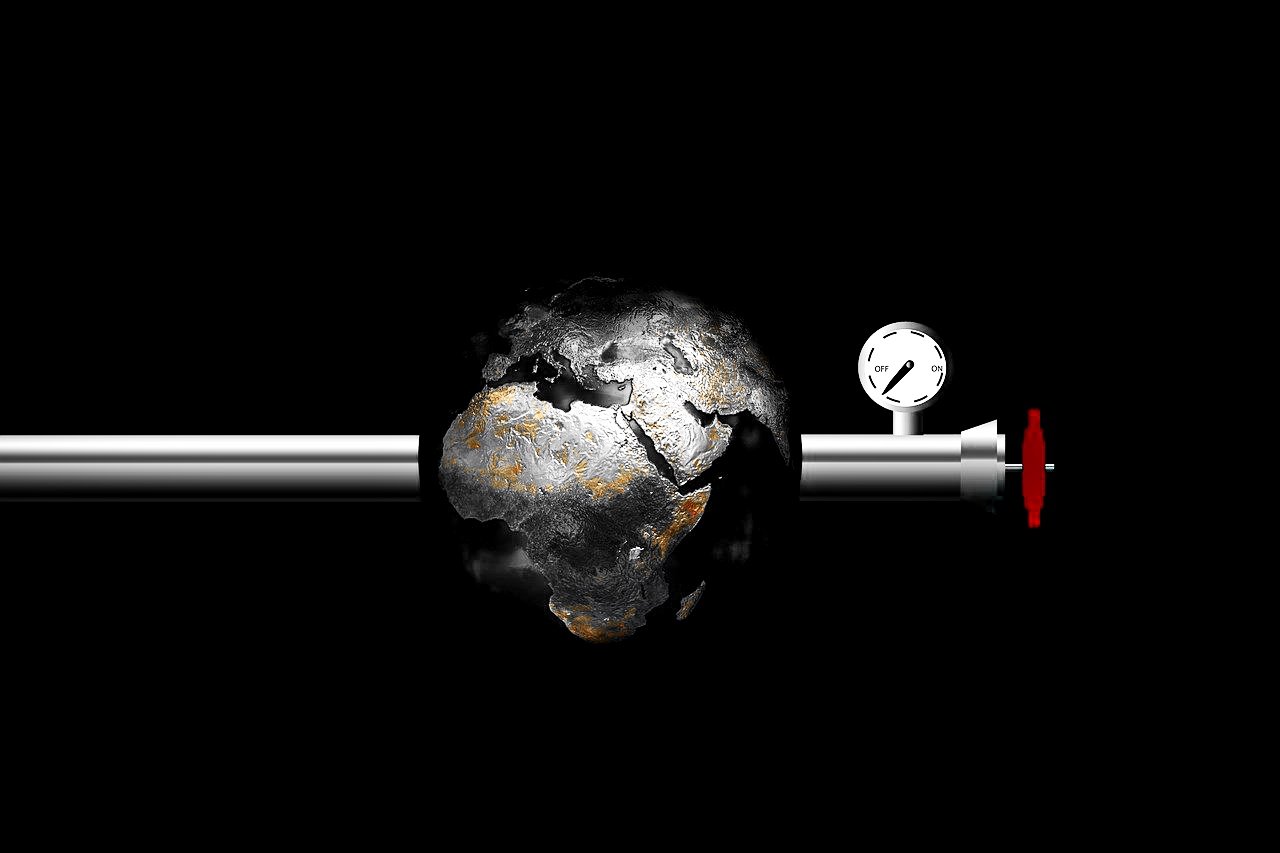The link between fossil fuels and global heating is bogus. Don’t believe it? Just ask the president of the CoP28 global climate conference.
So much for curing it with science. The president of CoP28, Sultan al-Jaber, has claimed that there is “no science” to indicate that a phase-out of fossil fuels is needed to scale back global heating to 1.5C, the Centre for Climate Reporting revealed over the weekend. As Thomas Dolby once sang, All my tubes and wires / And careful notes / And antiquated notions — all for naught.
Al-Jaber made the comments in response to questions from Mary Robinson, chair of The Elders, at an online event last month. The Elders, founded by Nelson Mandela in 2007, is a consortium of independent global leaders working together for peace, justice and human rights. Robinson, a former UN special envoy for climate change, is the curfrently serving chair of The Elders group.
Al-Jaber is the chief executive of the United Arab Emirates’ state oil company, Adnoc, in addition to his CoP28 hosting duties and responsibilities. To say that his day job may seem a conflict of interest is an understatement, and reaction to his comments — admittedly made two weeks ago — from environmentalists and climate scientists has been, forgive the analogy, fast and furious. Comments range from “incredibly concerning” to “verging on climate denial,” as reported in the Sunday Observer, the weekend edition of The Guardian. And so it goes.
The most discouraging development of CoP28 so far is that, far from being a global conference dedicated to finding common cause in the fight against climate change, it has hardened already entrenched views between those who insist that continued use of fossil fuels — indeed, expansion of fossil-fuel use — is critical to the global economy and those who point out that the economy won’t be of much use to anyone if global climate systems collapse.
The trouble with insisting there is “no science” to support the claim that phasing out fossil fuels will make any substantial difference is not just that it is wrong — actually, there’s plenty of science to suggest the opposite — but that it plays to the narrative that it’s too late, the damage has already been done. The tide is irreversible! Continue to party like it’s 1999 (Prince, not Thomas Dolby). Carry On Doctor.
The facts as they stand: While Earth’s climate has changed throughout its history, the current warming is happening at a rate not seen in the past 10,000 years.
According to the Intergovernmental Panel on Climate Change (IPCC), “Since systematic scientific assessments began in the 1970s, the influence of human activity on the warming of the climate system has evolved from theory to established fact.”
The facts as they stand:
While Earth’s climate has changed throughout its history, the current warming is happening at a rate not seen in the past 10,000 years.
According to the Intergovernmental Panel on Climate Change (IPCC), “Since systematic scientific assessments began in the 1970s, the influence of human activity on the warming of the climate system has evolved from theory to established fact.”
Scientific measurements taken from natural sources (such as ice cores, rocks, and tree rings) and from modern equipment (like satellites and instruments) all show the signs of a changing climate.
From global temperature rise to melting ice sheets, the evidence of a warming planet abounds.
These points are taken directly from NASA’s climate project, as reported on NASA.gov. There’s more where that came from.
The United Nations for one. Generating electricity and heat by burning fossil fuels causes a large percentage of carbon emissions worldwide. Most electricity is still generated by burning coal, oil, or gas, which produces carbon dioxide and nitrous oxide – powerful greenhouse gases that blanket the Earth and trap the sun’s heat. Globally, more than a quarter of electricity comes from wind, solar and other renewable sources which, as opposed to fossil fuels, emit little to no greenhouse gases or pollutants into the air (https://www.un.org/en/climatechange/science/causes-effects-climate-change).
Manufacturing and industry produce emissions, mostly from burning fossil fuels to produce energy for making things like cement, iron, steel, electronics, plastics, clothes, and other goods. Mining and other industrial processes also release gases, as does the construction industry. Machines used in the manufacturing process often run on coal, oil, or gas; and some materials, like plastics, are made from chemicals sourced from fossil fuels. The manufacturing industry is one of the largest contributors to greenhouse gas emissions worldwide.
And so on.
As one conference delegate told the Observer over the weekend: “CoP28 must deliver a decision on phasing out fossil fuels in a just and equitable manner, without any loopholes or escape routes for the industry to continue expanding and exacerbating the climate crisis.”
Good luck with that.


